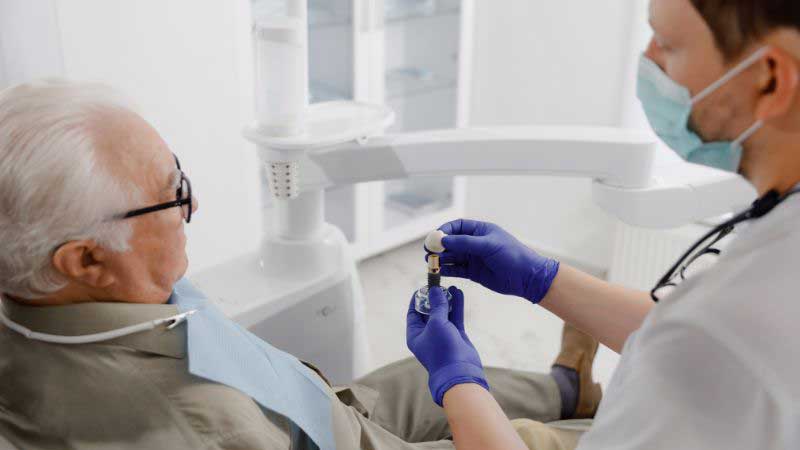As we age, dental health becomes increasingly vital for maintaining overall well-being. Seniors are particularly susceptible to various dental problems, which, if left untreated, can escalate into more significant health issues. Recognizing the signs of these dental problems is crucial for timely intervention and preserving oral health. Here are some key indicators to watch out for:
-
Gum Disease
Gum disease, also known as periodontal disease, is a common dental concern among seniors. It typically starts with inflammation of the gums, known as gingivitis, and can progress to more severe forms if not addressed promptly. Symptoms of gum disease include swollen or bleeding gums, persistent bad breath, receding gumline, and loose teeth. Regular dental check-ups and proper oral hygiene can help prevent and manage gum disease effectively.
-
Tooth Decay
Despite advancements in dental care, seniors remain vulnerable to tooth decay, especially if they have neglected oral hygiene or have underlying health conditions. Signs of tooth decay include toothache, sensitivity to hot or cold temperatures, visible holes or pits in the teeth, and dark spots on the tooth surface. Maintaining a balanced diet, limiting sugary foods and beverages, and adhering to a thorough oral hygiene routine are essential for preventing tooth decay.
-
Dry Mouth
Many seniors experience dry mouth, also known as xerostomia, due to factors such as medications, chronic health conditions, or reduced saliva production with age. Dry mouth not only causes discomfort but also increases the risk of dental problems such as tooth decay and gum disease. Symptoms of dry mouth include a persistent dry feeling in the mouth, difficulty swallowing or speaking, cracked lips, and frequent thirst. Drinking plenty of water, using saliva-stimulating products, and avoiding tobacco and alcohol can alleviate dry mouth symptoms and promote oral health.
-
Oral Cancer
Seniors are at a higher risk of developing oral cancer, especially if they have a history of tobacco or alcohol use. Oral cancer can manifest as persistent mouth sores, white or red patches in the mouth, difficulty chewing or swallowing, numbness in the mouth or lips, and unexplained bleeding or pain. Early detection is crucial for successful treatment, so seniors should undergo regular oral cancer screenings as part of their dental check-ups.
-
Denture Problems
Many seniors rely on dentures to replace missing teeth and restore oral function. However, ill-fitting or poorly maintained dentures can lead to various problems, including oral discomfort, difficulty chewing or speaking, and irritation of the gums. Seniors should ensure that their dentures are properly fitted and cleaned regularly to avoid complications. Denture adjustments or replacements may be necessary if issues arise.
Staying vigilant
Staying vigilant about dental health is essential for seniors to maintain a high quality of life. By recognizing the signs of dental problems early on and seeking timely intervention from dental professionals, seniors can preserve their oral health and overall well-being well into their golden years. Regular dental check-ups, diligent oral hygiene practices, and a healthy lifestyle are the cornerstones of optimal dental care for seniors.
